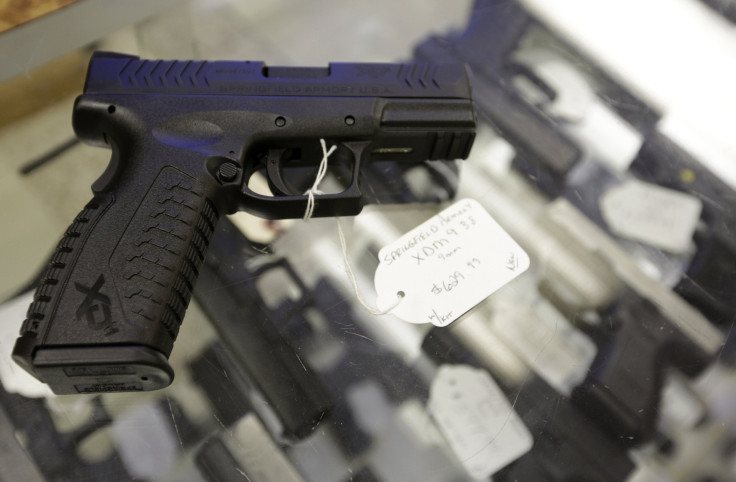Background Checks, Denial Criteria May Prevent Mass Shootings

An expert on gun violence prevention from UC Davis says that more background checks and denying firearms to people charged with criminal activity can help lower incidence of mass shootings like the ones that occurred at Sandy Hook, Aurora, Virginia Tech and Columbine.
"To reduce the number of deaths and injuries from firearms in the United States, we need to develop policies that require background checks for all firearm purchases, including private-party sales-the most important source of firearms for criminal buyers and others who are prohibited from purchasing guns," said Garen Wintemute, director of the UC Davis Violence Prevention Research Program, in a news release.
Wintemute said that the U.S. owns more than 40 percent of all firearms that are in civilians' hands even though it houses just 5 percent of the world's population. Also, a diverse group of people have access to all kinds of guns that they can use under a widest array of conditions.
He added that "Stand Your Ground" laws enacted at the state levels are dangerous and have been "used to legitimize shootings that once were considered to be murder."
Research conducted by Wintemute found that people who have purchased firearms legally and have a conviction for violent criminal act are nine times more likely to be arrested for another violent crime than people who don't have a previous criminal record. The risk of violence increases by a factor of 10 to 15 for two or more prior convictions. Also, people who abuse alcohol are more likely than others to use the firearm during a criminal activity.
About 40 percent of all firearm purchases in the U.S. involve private-party sellers. These transactions are quick, anonymous and unchecked, said Wintemute. Policies that require these transactions to be documented and verifiable may lower incidence of violent gun-related crimes.
"We need to prevent individuals with a previous conviction for a misdemeanor violent crime, such as assault and battery, from purchasing or possessing a firearm. We also need to develop better data and criteria that allow us to distinguish between those with a treatable mental disorder who do not have a history of violence from those with a history of violence or substance abuse," said Wintemute.
He said that preventing another mass shooting maybe impossible. However, changing firearm laws, based on current evidence, may reduce the risk and increase public safety.
Wintemute's opinion is published in the New England Journal of Medicine website as a Perspective article called "Tragedy's Legacy".
Published by Medicaldaily.com



























